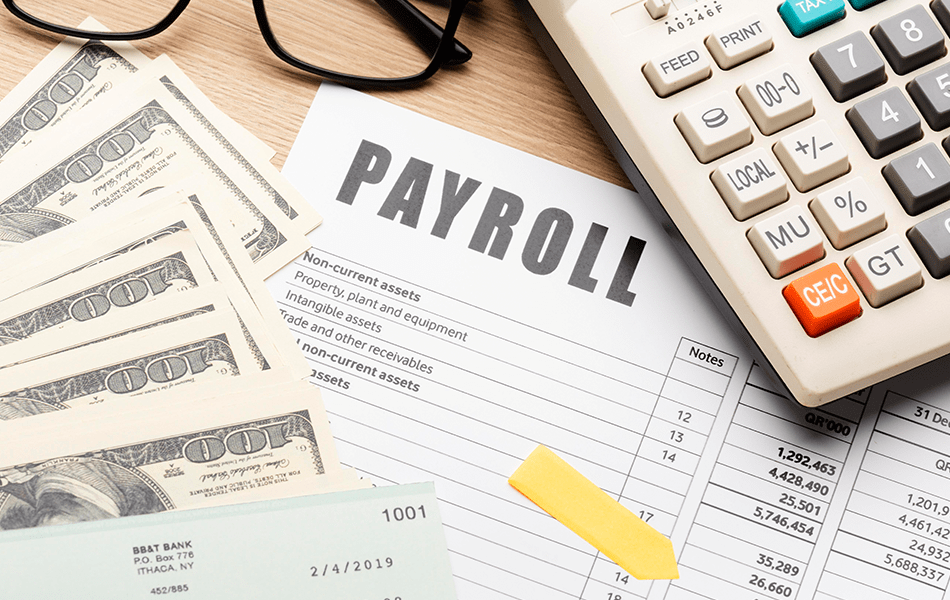The National Capital Region (NCR) in the Philippines is a bustling hub of economic activity, housing millions of people and serving as the center for commerce and governance. On June 26, 2023, a significant announcement was made in the National Capital Region (NCR) of the Philippines regarding the implementation of a new minimum wage policy. Known as NCR-24, this policy brings about an increase of PhP40.00, raising the daily minimum wage in the region from P570.00 to PhP610.00 for the non-agriculture sector, and from PhP533.00 to PhP573.00 for the agriculture sector, service and retail establishments employing 15 or fewer workers, and manufacturing establishments regularly employing less than 10 workers. This revision in the minimum wage structure has sparked conversations about its potential effects on the Filipino people and the broader economy.
For years, the NCR’s minimum wage has been a topic of discussion, as it plays a crucial role in the livelihoods of many workers and their families. The previous minimum wage fell short of meeting the rising costs of living, making it challenging for individuals to save for essential needs, let alone think about owning a home or investing for the future. The disparity between income and expenses led to financial struggles, limited growth opportunities, and a feeling of being stuck in a cycle of subsistence. However, with the introduction of the new minimum wage, there is hope for positive change. The increase of PhP40.00 per day may seem modest, but it has the potential to make a noticeable impact on the lives of workers in the NCR. This adjustment can alleviate some of the financial burdens they face, giving them a better chance to save for a new home, manage their finances more effectively, and explore investment options.
The effects of the new minimum wage are expected to be far-reaching. Workers who were previously struggling to make ends meet may now have a slightly larger budget to work with, enabling them to improve their quality of life. With additional income, individuals can allocate funds towards savings accounts specifically dedicated to homeownership. This increased earning potential offers a glimmer of hope for those who dream of having a place to call their own where they can have a place where stability and security can flourish.
Furthermore, the higher minimum wage opens up possibilities for better financial management. Individuals can allocate resources more efficiently, ensuring that their daily expenses, savings, and potential investments are well-balanced. With careful planning and discipline, workers can optimize their finances, potentially leading to a more stable and prosperous future for themselves and their families.
Now, let us explore how the new NCR minimum wage can be a stepping stone toward achieving financial goals and securing a brighter future.
1. Saving Money for a New Home:
With the higher NCR minimum wage, you now have more money that you can set aside for purchasing a new home. Instead of spending all your increased earnings, it’s advisable to save a portion of it specifically for your dream home. Open a savings account dedicated to homeownership and deposit a fixed amount regularly. Over time, these savings will accumulate and help you gather the necessary funds for a down payment or mortgage payments. By diligently saving, you’ll gradually move closer to the goal of owning your own home.
For many Filipinos, owning a home is a significant aspiration. It provides a sense of security and stability for individuals and their families. With the increased minimum wage, you now have the opportunity to save more effectively towards this goal. Prioritize setting aside a portion of your income for your future home, and over time, you’ll be able to realize the dream of homeownership. Remember, every peso saved brings you one step closer to making your own place to call home a reality.
2. Better Money Management:
The higher minimum wage provides an opportunity for improved financial management, which is particularly important for Filipinos, as impulsive buying tendencies can sometimes hinder financial progress. To make the most of your increased income, it’s crucial to manage your finances wisely.
Start by creating a budget that reflects your higher earnings. Consider your expenses, such as bills, groceries, transportation, and other necessities. Allocate a specific amount for each category, ensuring that your spending aligns with your income. This will help you control impulsive buying tendencies and make more conscious spending decisions.
Moreover, don’t forget to prioritize savings in your budget. Set aside a portion of your income specifically for savings. It’s essential to resist the temptation to spend everything and instead prioritize saving for future financial goals, such as a new home or emergencies.
3. Paying Off Debts:
If you have existing debts, the higher minimum wage gives you an opportunity to pay them off faster. By reducing your debts, you improve your financial health and increase your chances of getting better mortgage rates or investment opportunities in the future.
4. Building an Emergency Fund:
It’s crucial to have an emergency fund for unexpected expenses. Use a portion of your increased income to start building this fund. Having money set aside for emergencies will help you avoid relying on credit and disrupting your long-term financial plans.
5. Diversifying Your Investments:
One common problem faced by many Filipinos in the Philippines is the limited exposure to diversified investments. Often, individuals rely heavily on traditional savings accounts or fixed deposits, which may offer limited returns in the long run. However, with the higher minimum wage, it presents an opportune time to break away from this common problem and explore different investment avenues.
To begin, it is advisable to seek advice from financial professionals who can guide you through the investment landscape. They can provide insights into suitable investment options based on your risk tolerance and financial goals. Additionally, conducting thorough research is crucial to understanding the potential risks and rewards associated with each investment opportunity.
One option worth considering is investing in BRIA Homes. Investing in BRIA homes not only provides you with a place to live but can also be a lucrative investment opportunity. BRIA Homes is known for its commitment to delivering quality homes at affordable prices, making it an attractive option for those seeking long-term financial stability and potential growth.
By investing in a BRIA home, you can benefit from the potential appreciation of property value over time. The demand for affordable housing remains high in the Philippines, and BRIA Homes address this need by providing well-designed, comfortable homes in strategic locations. As the value of your BRIA home increases, it can become a valuable asset that contributes to your overall wealth.
As a Filipino, taking advantage of the increased minimum wage to explore investment opportunities with trusted developers like BRIA Homes can be a step towards securing a brighter financial future. Invest wisely, diversify your portfolio, and leverage the potential of real estate to build a strong foundation for long-term financial prosperity.





